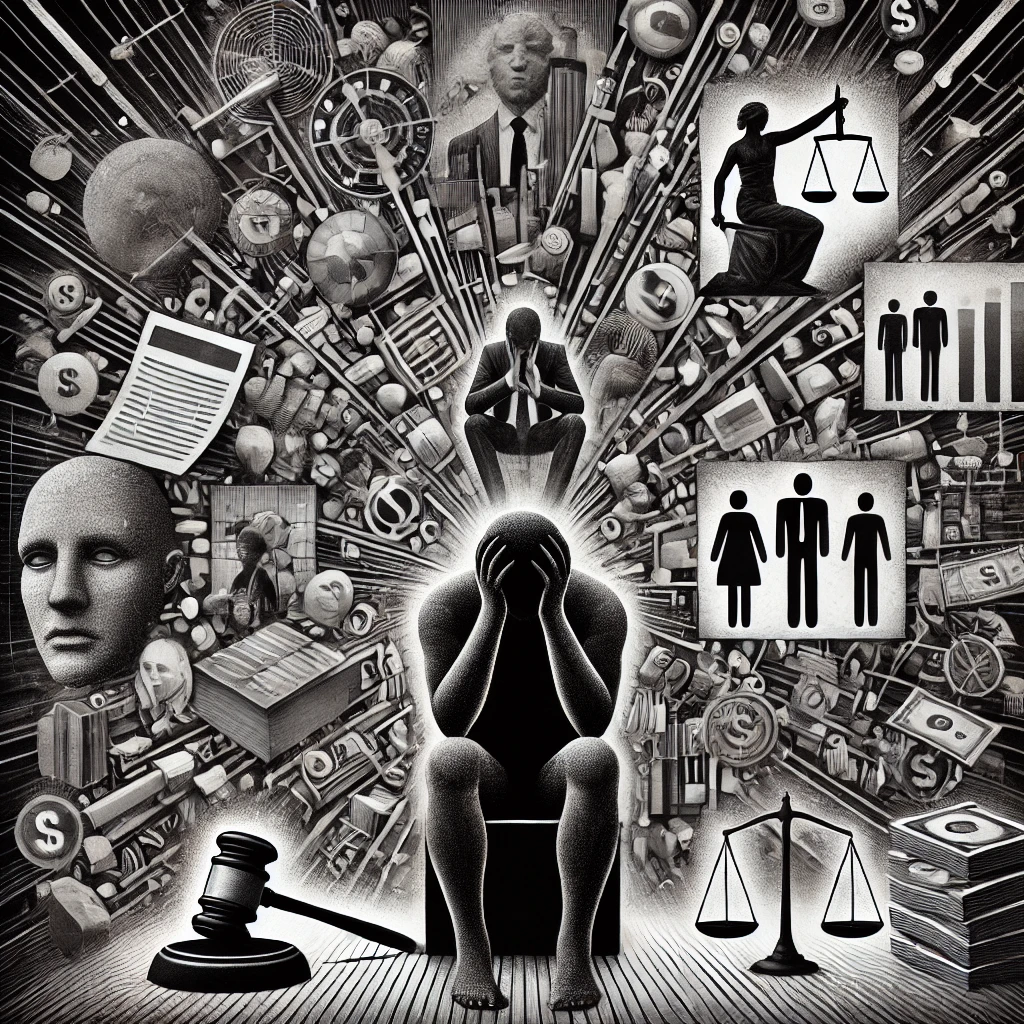2050 AD: When AI Runs Your Job, Home & Money
Jun 21, 2025
The tragic death of Atul Subhash - a Bengaluru-based professional who succumbed to the pressures of alleged harassment, legal battles, and chronic stress - forces us to confront uncomfortable truths about our society, legal systems, and mental health awareness. His story is not just a singular tragedy; it is emblematic of the struggles faced by countless individuals across the country. It reminds us of the need for a collective reckoning - a shift in how we view mental health, equity, and the essence of living a purposeful life.
Atul Subhash, a Deputy General Manager at an automobile firm in Bengaluru, was by all accounts a successful professional. However, behind the facade of achievement lay years of silent suffering. His ordeal began in 2020 when his wife filed multiple legal cases against him, including under Section 498A of the Indian Penal Code - a law designed to protect women from cruelty.
Over the next four years, Atul made nearly 40 trips to courts in Jaunpur, Uttar Pradesh, traveling thousands of kilometers while juggling work and personal obligations. His 24-page suicide note and 80-minute video detail the harassment he endured, including allegations of extortion by his in-laws, who demanded ₹3 crore to withdraw cases and ₹30 lakh for visitation rights to his son.
His brother described Atul as “mentally and physically exhausted” by the relentless litigation and societal humiliation. In the end, Atul quietly left this world, leaving behind questions, grief, and a call for societal introspection.

Atul’s tragedy is not an isolated incident. It is part of a larger tapestry of despair that engulfs many in India. From IIT students overwhelmed by academic pressure to professionals crushed by corporate demands, the struggles are diverse but share common threads of societal neglect and systemic inefficiencies.
For those facing unbearable circumstances, the concept of agyaatvas - retreating from one’s current life to find renewal - offers a unique cultural solution. Inspired by Indian epics, agyaatvas is not about escapism but about stepping away to rediscover purpose and peace.
While agyaatvas may not be practical for everyone, the underlying principle of finding purpose and disconnecting from toxicity remains powerful. For others, purposeful living in familiar settings - like volunteering at an orphanage or engaging in local community projects - can provide similar relief.
Atul’s story calls for us to consider alternatives to despair, emphasizing that life’s purpose extends beyond personal struggles. Some potential pathways include:

Atul Subhash’s death is a stark reminder of the price we pay for neglecting mental health, equity, and empathy. Yet, his story also carries a message of hope. To those feeling overwhelmed, let this serve as a reminder: there are always alternatives to despair. Life is not about the absence of struggle but about finding strength and purpose amidst adversity.
To anyone considering suicide: take a pause. Step away from toxic environments, seek out supportive individuals, and explore avenues to live a purposeful life. Whether it’s teaching, volunteering, or starting afresh in an unfamiliar setting, renewal is possible.
As a society, we must build systems that value human dignity, equity, and kindness. Together, let’s ensure no one feels so cornered that ending their life seems the only way out.
Warm regards,
Bhargav Achary
More Posts